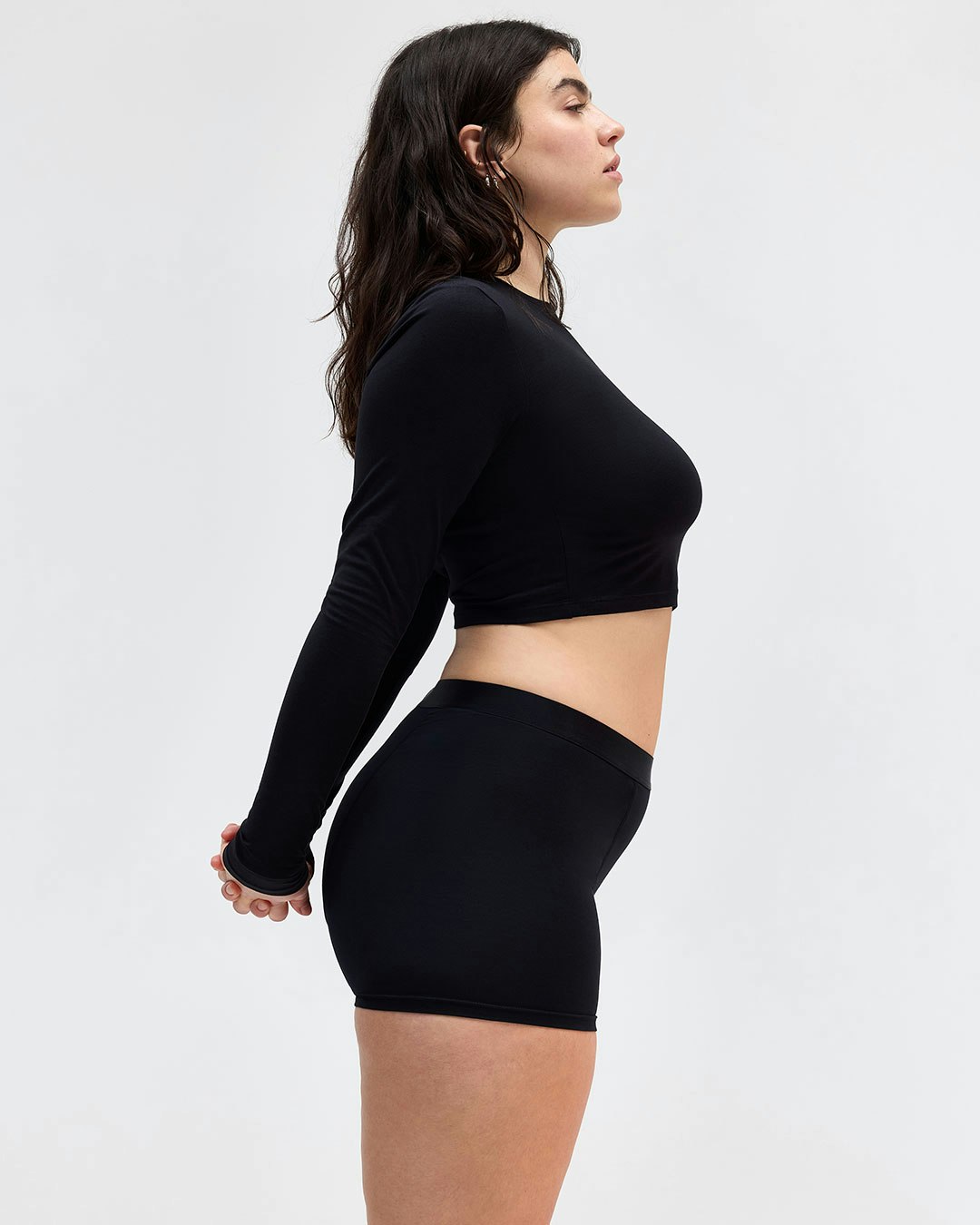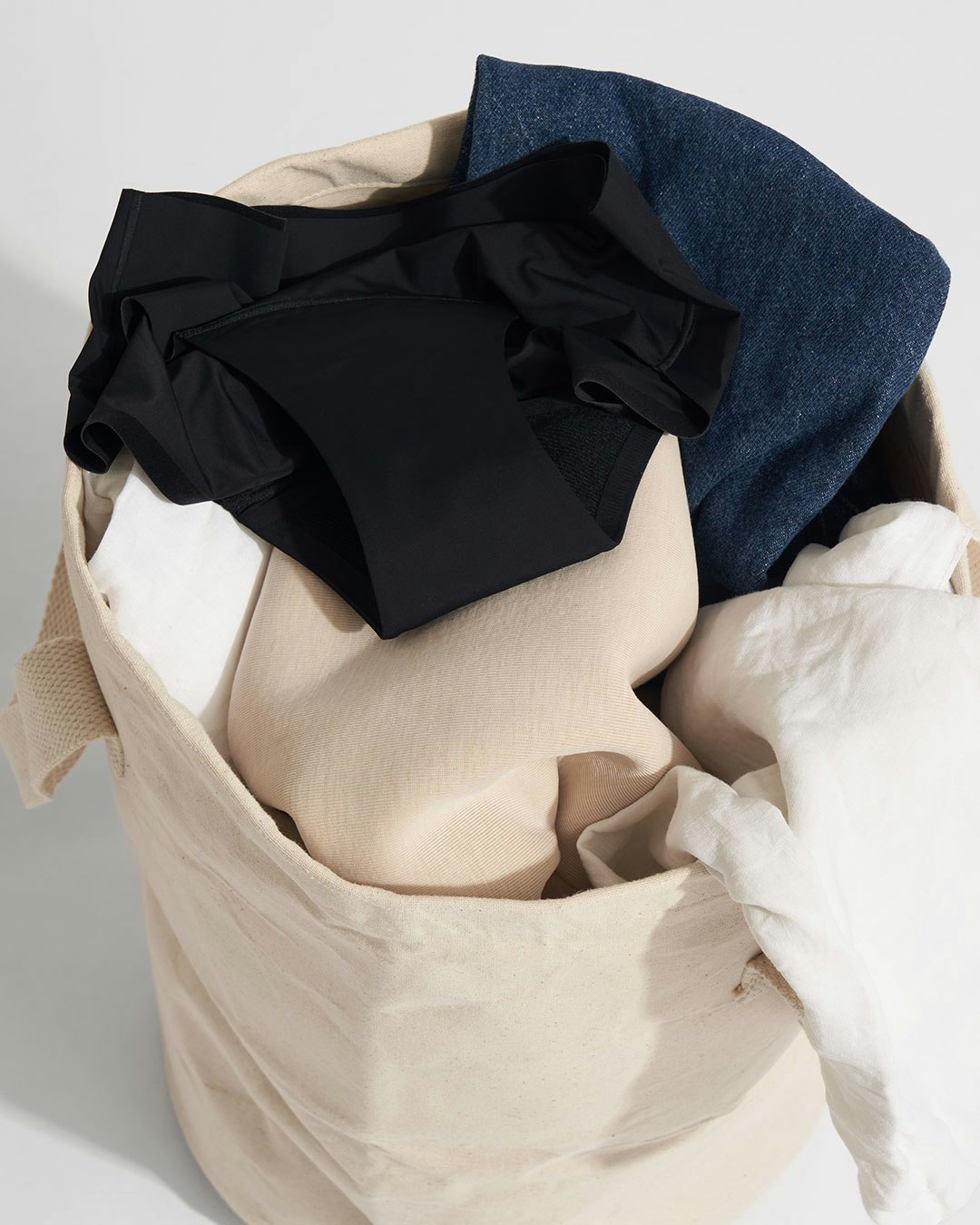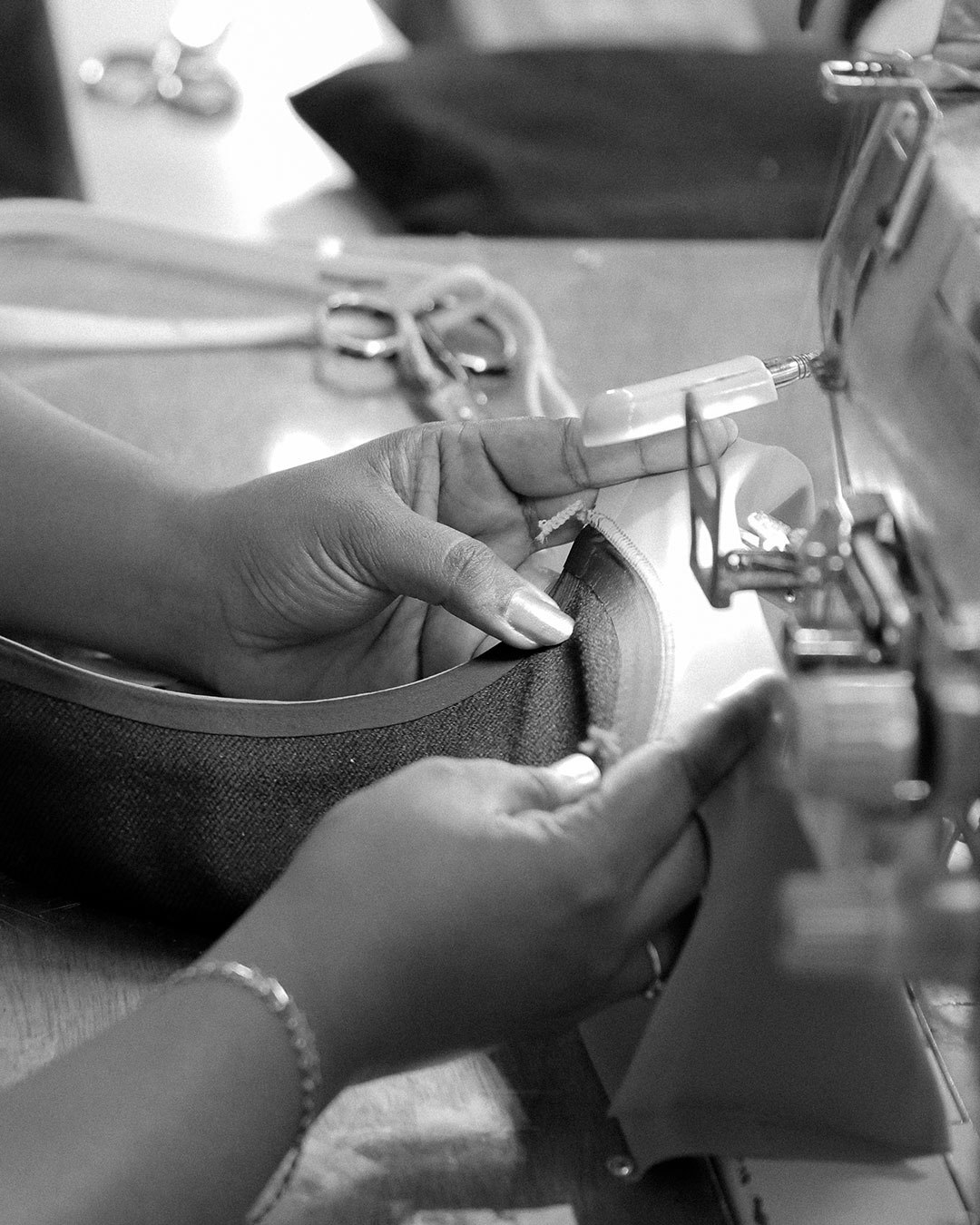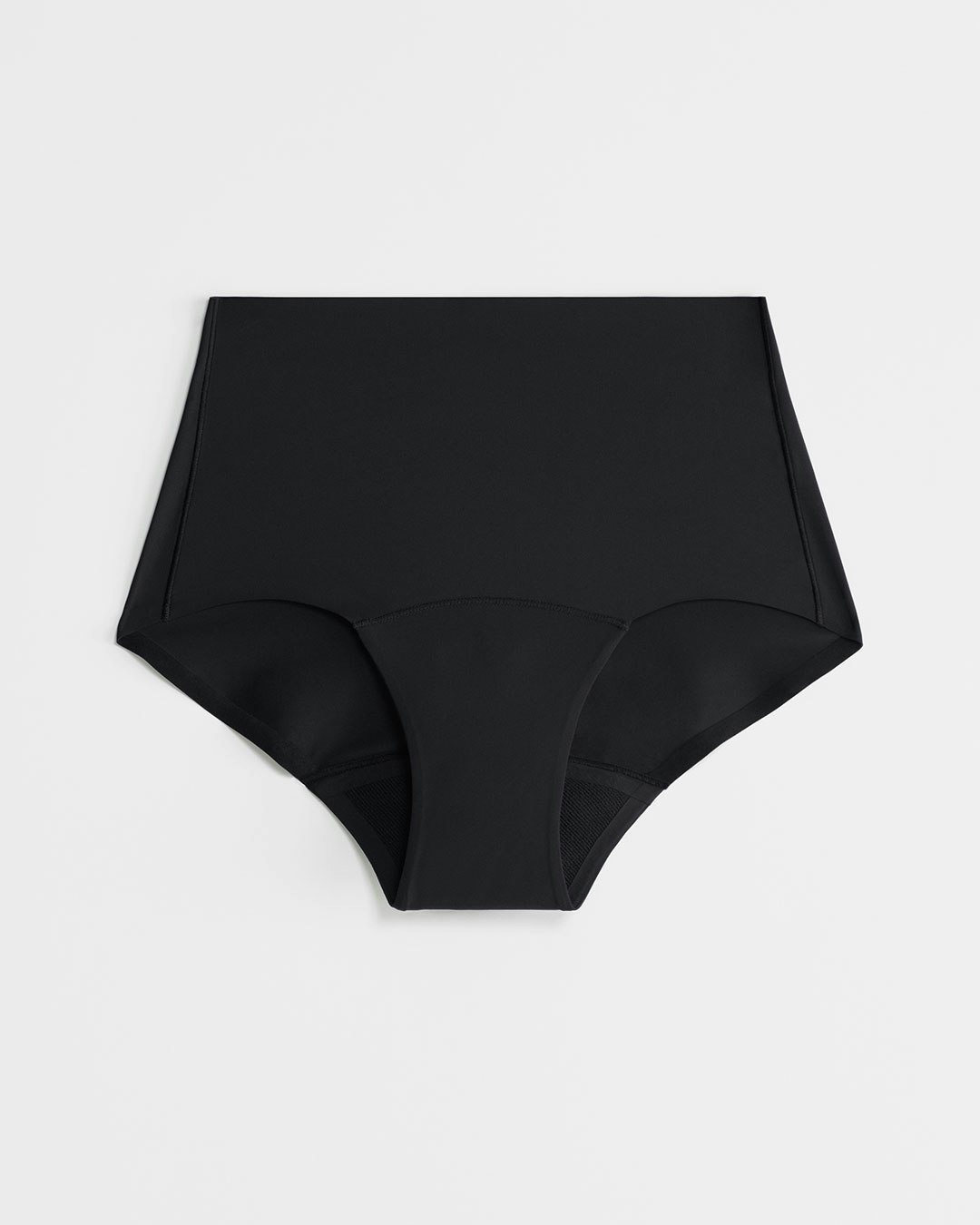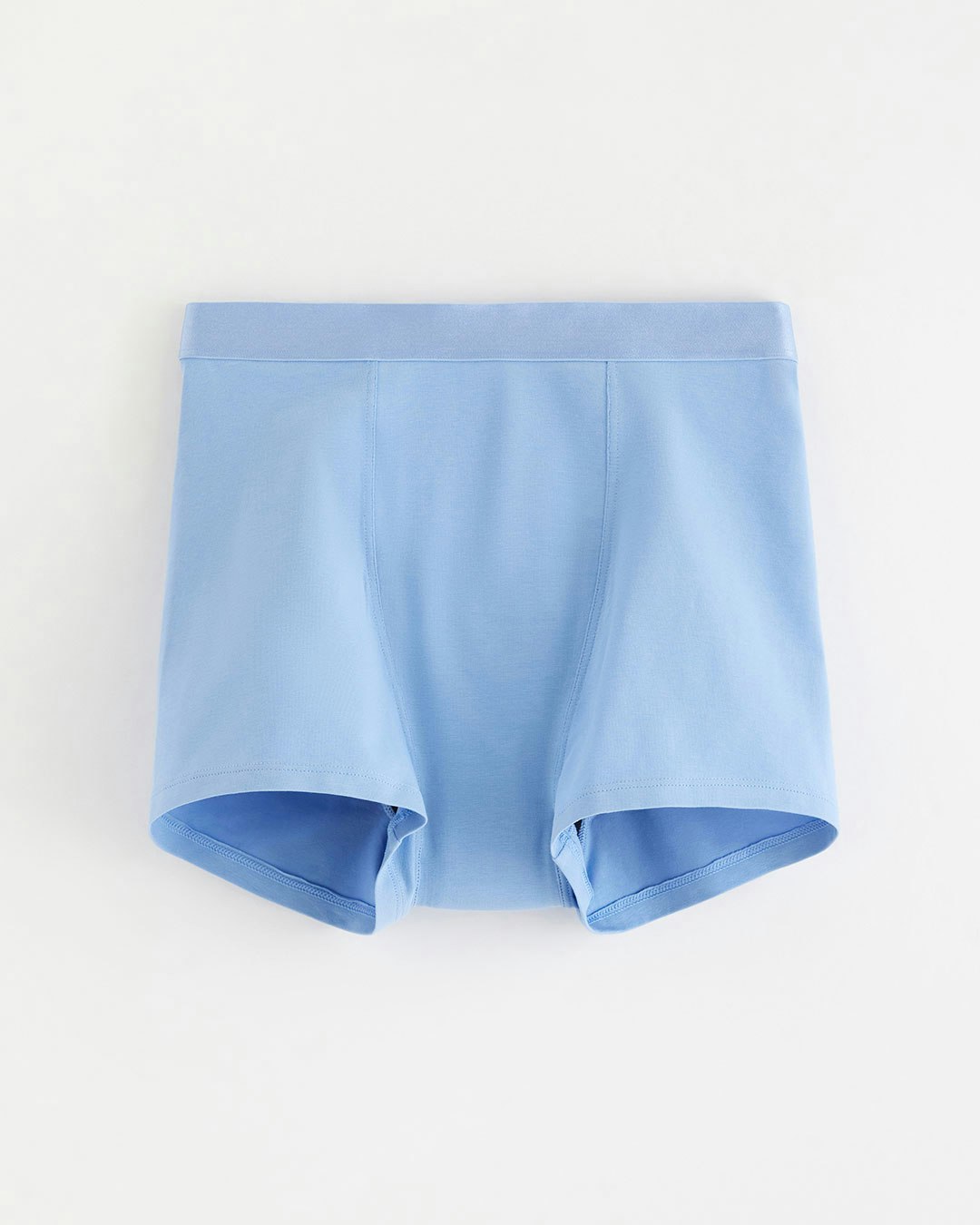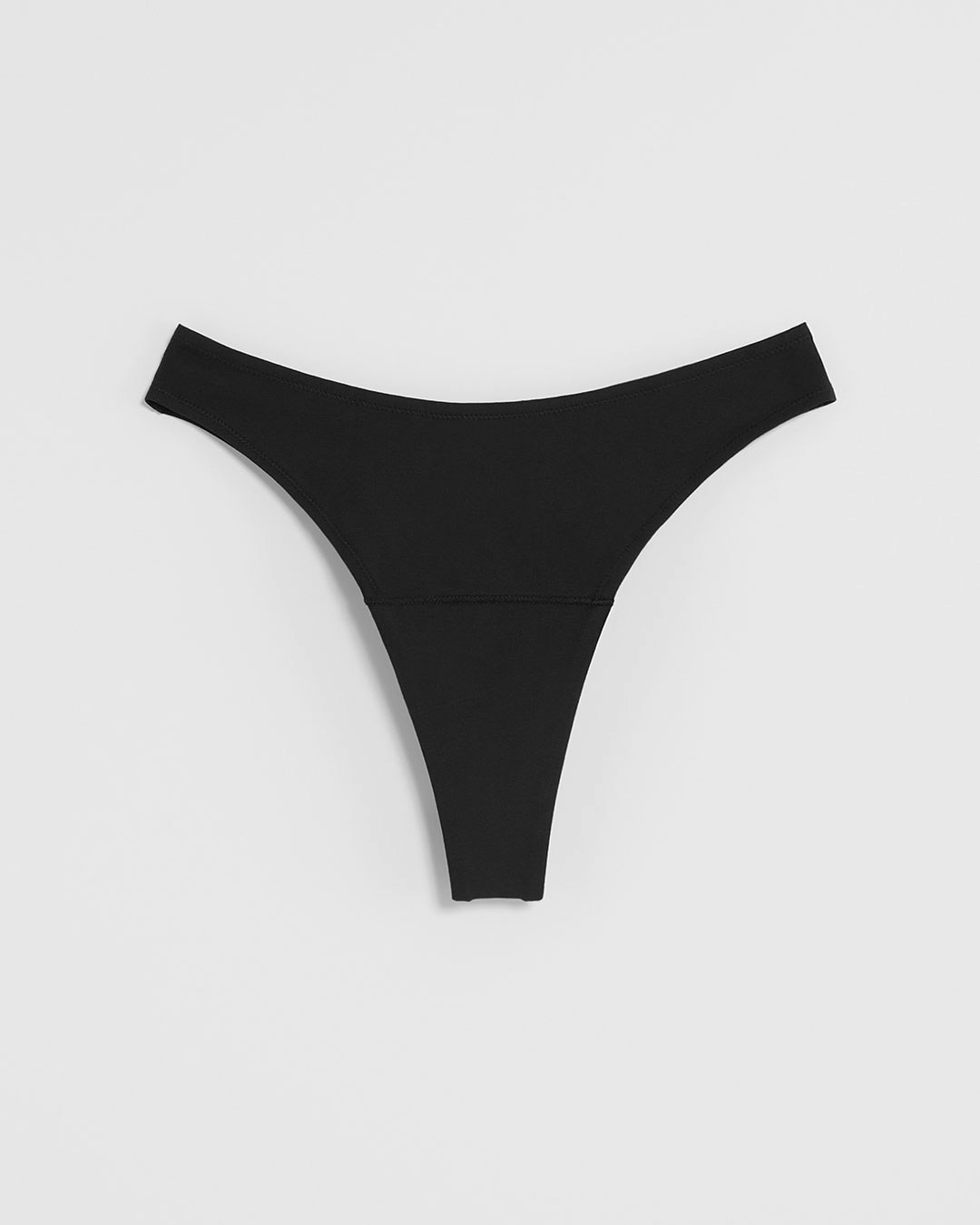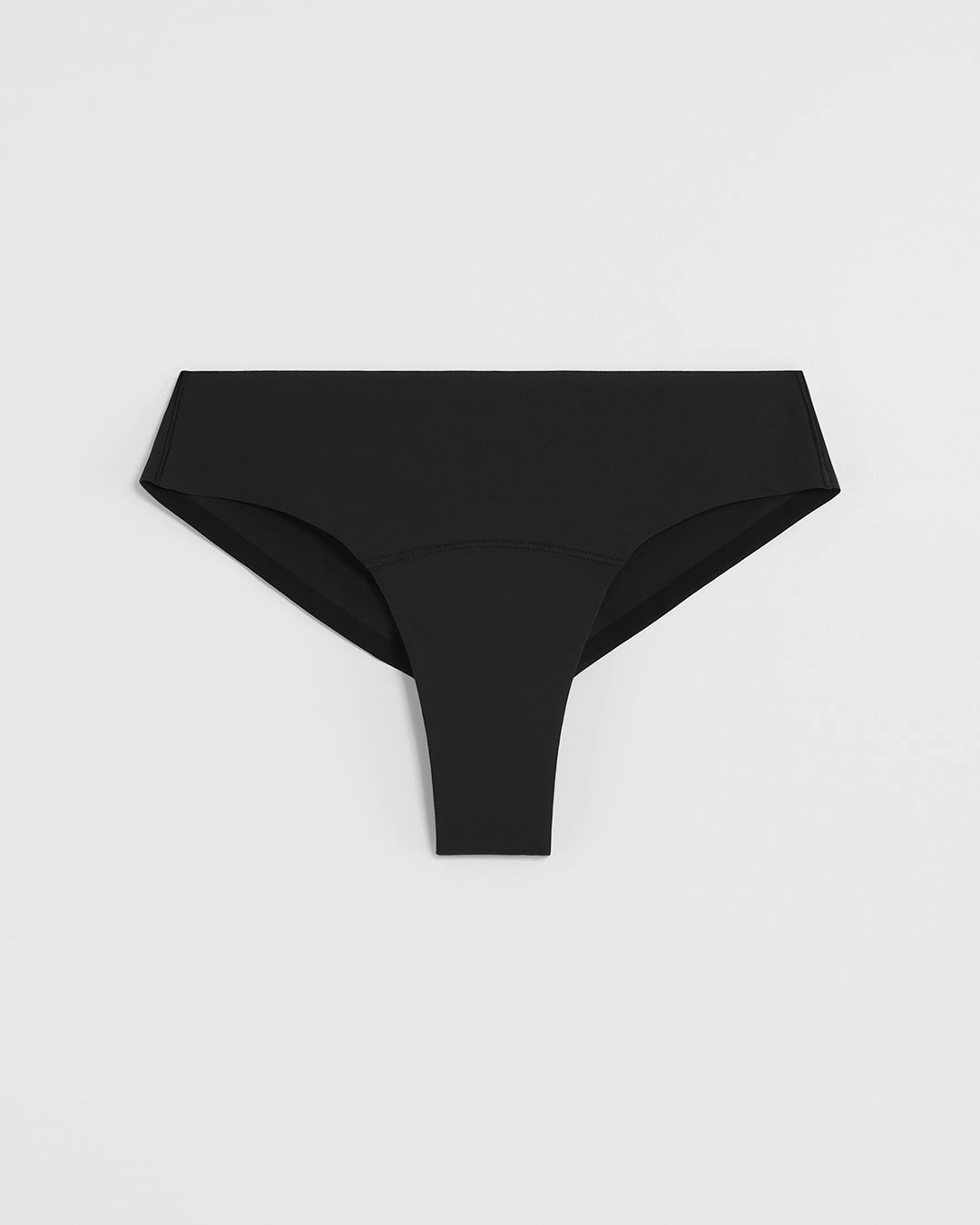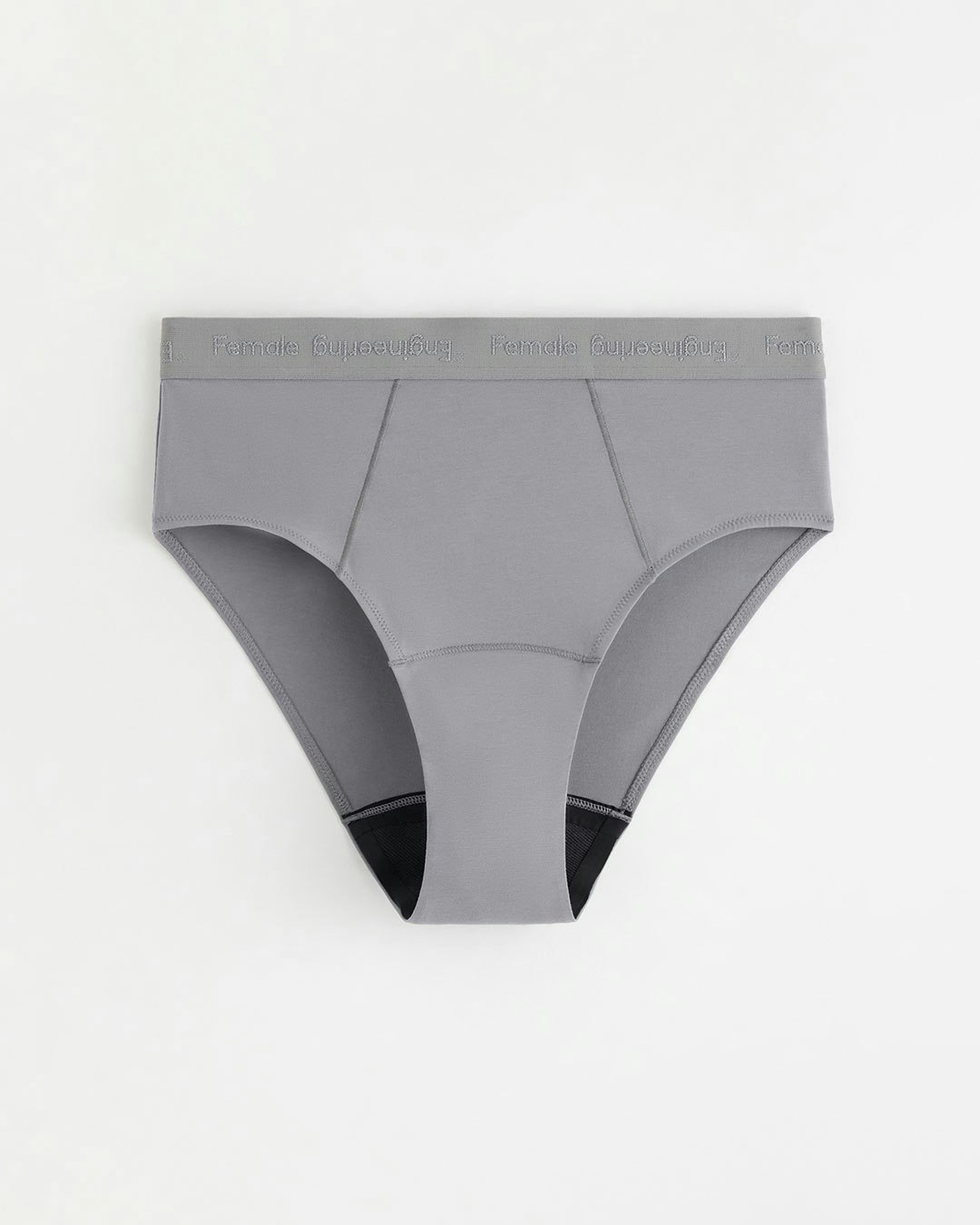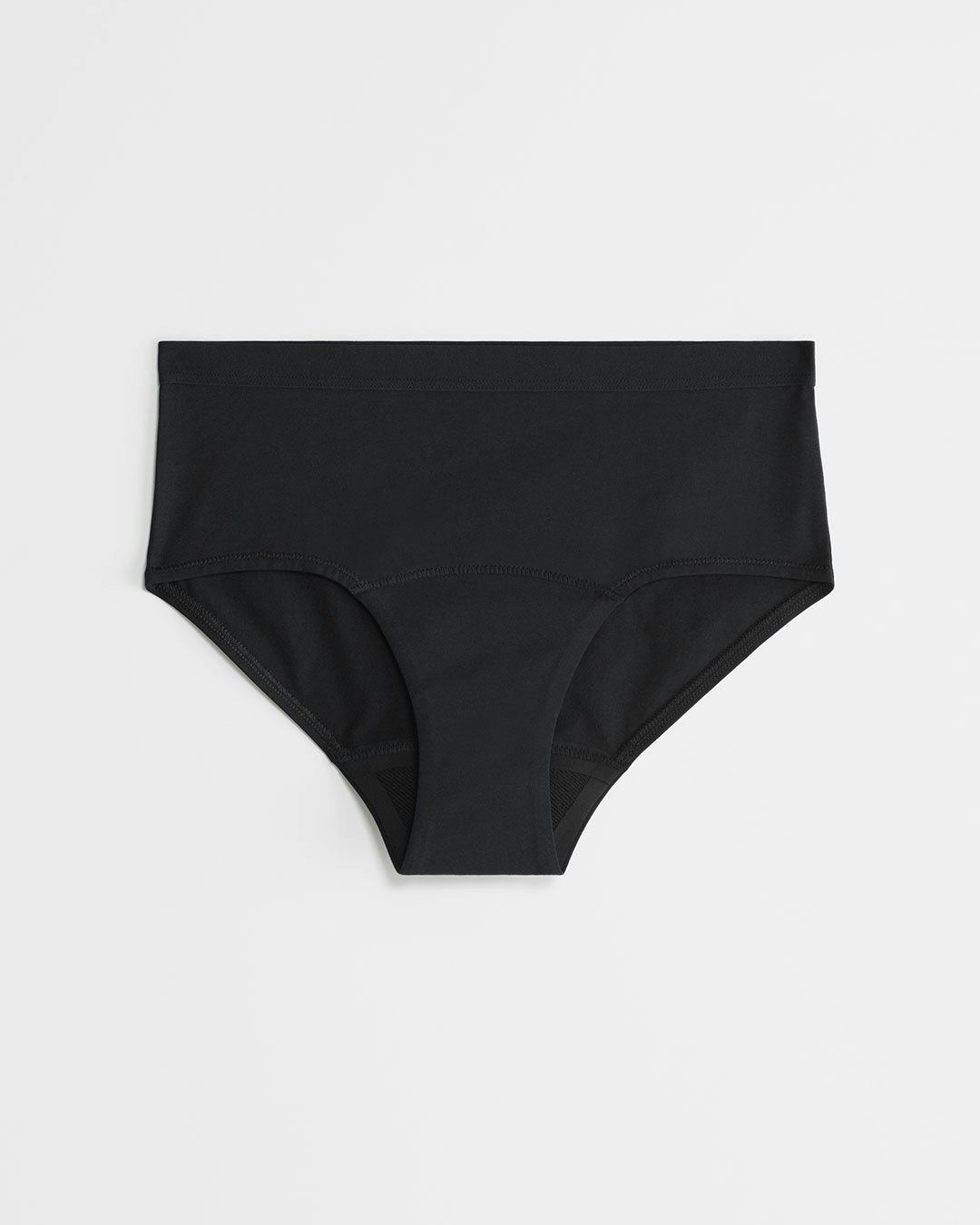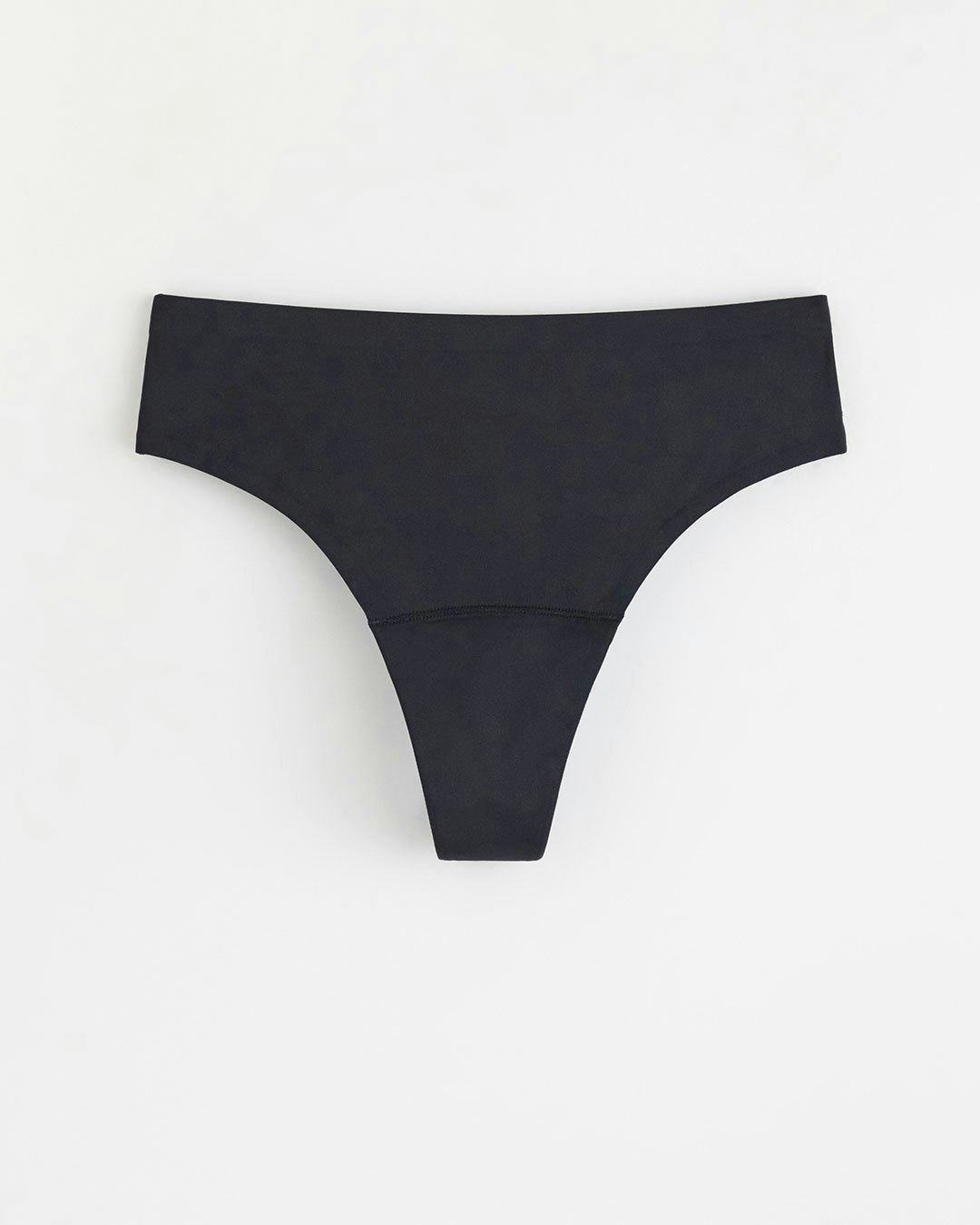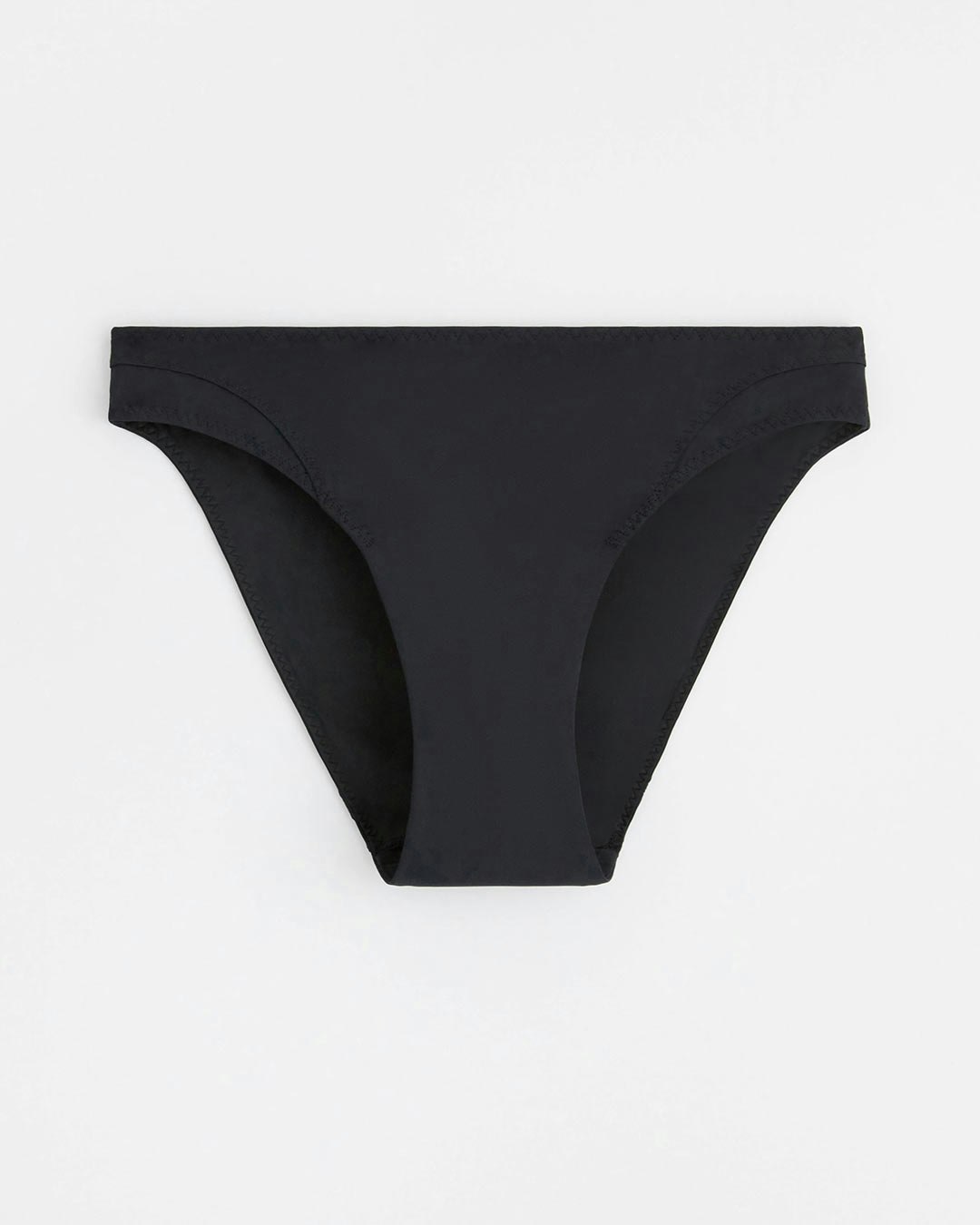How to sleep better on your period
There are multiple reasons why you can have trouble sleeping when you’re on your period. And unfortunately, it’s more common than not that people experience sleep disturbances at this time of the month. We’ve gathered some of the most common causes and what you can do to help you relax and get the rest you need.
Why is it difficult to sleep during your period?
If you’re finding it hard to get enough sleep during your period, you’re not alone. Trouble sleeping during menstruation is common, and understanding the reasons behind it can help you take steps to improve your sleep. The fluctuations of various hormones play a crucial role in the menstrual cycle and are often the underlying cause of many discomforts women experience during their period.
Here are some of the most common reasons why it can be difficult to sleep during menstruation:
Cramps: Menstrual cramps are one of the biggest reasons behind restless nights. Period cramps are usually the worst on the two first days of your menstrual phase. They occur because the uterus contracts to shed its lining. And as you can imagine, there are a lot of nerves around the uterus that are affected when it contracts. That’s why it can also cause pain in the lower back, abdomen, thighs and vulva.
Hormonal changes: During the menstrual cycle, the hormones progesterone and estrogen fluctuate which affects your entire body, including your sleep cycle. Progesterone actually has a calming and sleep-inducing effect, which is particularly important for sleep. And during the menstrual phase this hormone declines, which can make it more difficult to fall and/or stay asleep.
Mood swings or anxiety: Because of the fluctuations in different hormones, mood swings and anxiety are also very common sleep disruptors during your period.
Bloating or digestive issues: It’s not uncommon to experience gas, bloating or an overly active or underactive stomach during your period. This can happen for various reasons like hormonal changes, stress and anxiety, and eating more salty, sugary or fatty foods (cravings, we know).
Night sweats: Some people experience night sweats not only during menopause but also during their period. This can cause you to wake up frequently throughout the night, drenched in sweat, making it difficult to achieve good quality sleep and leave you feeling tired the day after.
Always consult with a healthcare professional if you have experienced persistent issues with your menstrual cycle or sleep patterns.
5 ways to get better sleep on your period
Now that you know why getting enough sleep during your period can be challenging, let’s explore some ways to make it easier. We’ve gathered some of our best tips to help you relax and fall asleep more comfortably.
Work out: Regular physical activity is known to improve sleep for a variety of reasons. When exercising, the body increases the production of endorphins, which act as natural painkillers. They can also help reduce stress, boost your mood, help you relax and sleep deeper.
Sleep environment: A good way to battle night sweats is to create a cool sleeping environment. Turn down your thermostat or open the window a few hours before you go to bed, or sleep with an open window if you can. You can also try our menopause clothing, specially engineered for a body in change to offer comfort and relief. These work great during night sweats even if you’re not going through menopause.
Eat something: Recognise feeling a little extra hungry before or during your period? This is because of increased levels of progesterone, known to increase appetite. A light snack before bedtime can help stabilise your blood sugar and prevent spikes or dips that cause you to wake up during the night.
Heat therapy: A well-known solution for cramps is applying heat. This increases blood flow and helps relax tense muscles and soothe menstrual cramps.
Relaxation techniques: Practicing relaxation methods like gentle stretching or breathing techniques calms your nervous system, lowers stress and helps your body prepare for rest.
Period-proof your sleep
Why is sleep important?
Sleeping well is important for many reasons. When you sleep, your body and brain recover and process impressions and emotions. Your blood pressure, pulse and body temperature drops, giving your body time to repair itself both physically and mentally. Sleep is important for your memory, energy, muscle recovery, cellular repair, metabolism and appetite regulation, and the list goes on.
How much sleep should I get?
How many hours of sleep you need varies greatly from person to person. It can also differ in different stages of life, for example during puberty and menopause. Generally, most adults need between 6-9 hours of sleep per night. Young people often need more sleep, while older people sometimes sleep less. Other individual factors like genetics, lifestyle and overall health can also impact your need for sleep. As always, it’s important to listen to your body. If you feel rested and alert during the day, chances are you’re getting the right amount of sleep. However, if you’re feeling tired, irritable or have trouble focusing over a long period of time, you could be getting too little sleep. As with everything regarding your body, remember to consult with a healthcare professional if you have persistent sleeping issues.
Find the right protection for better sleep
Period panties are a great solution to be able to relax when sleeping. Our period underwear are designed with the patented Engineered Leak Tech™ consisting of three active layers that keep you completely safe both night and day. They’re soft, breathable and designed to fit your body securely so that you can sleep all night without having to worry about leaks or waking up to change protection.



